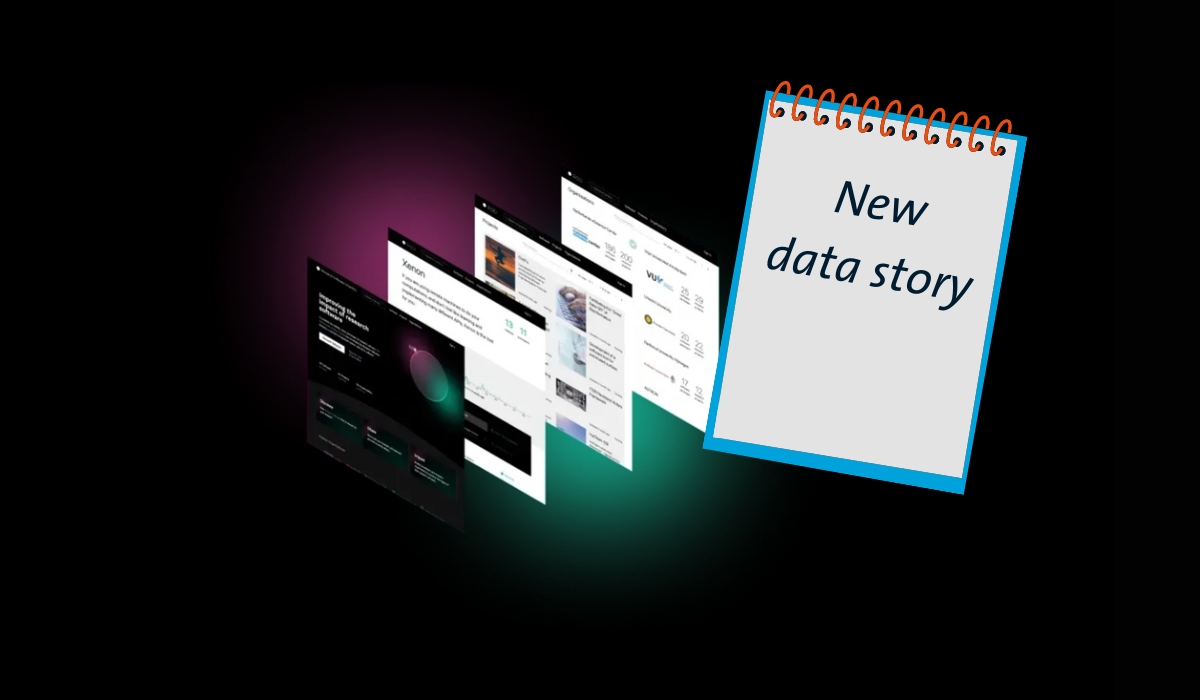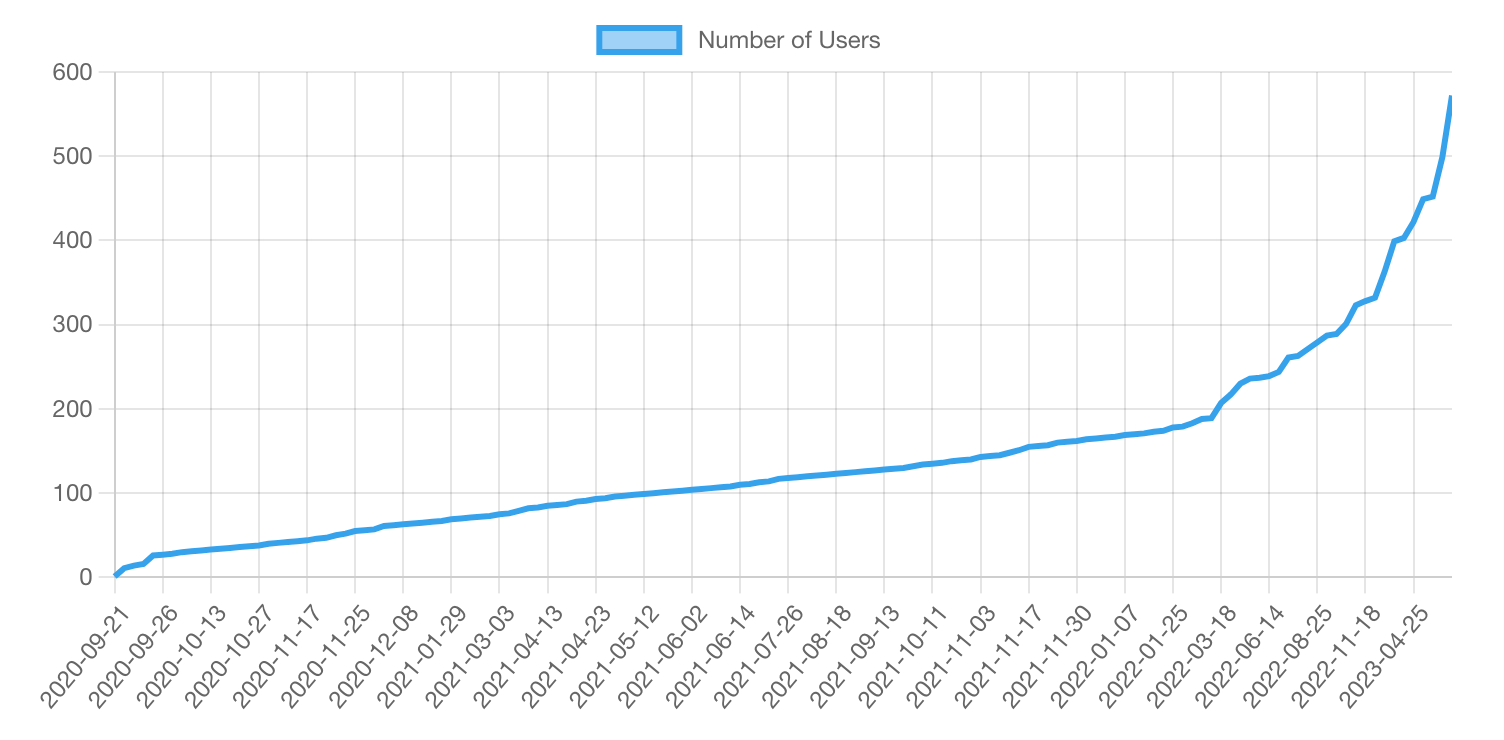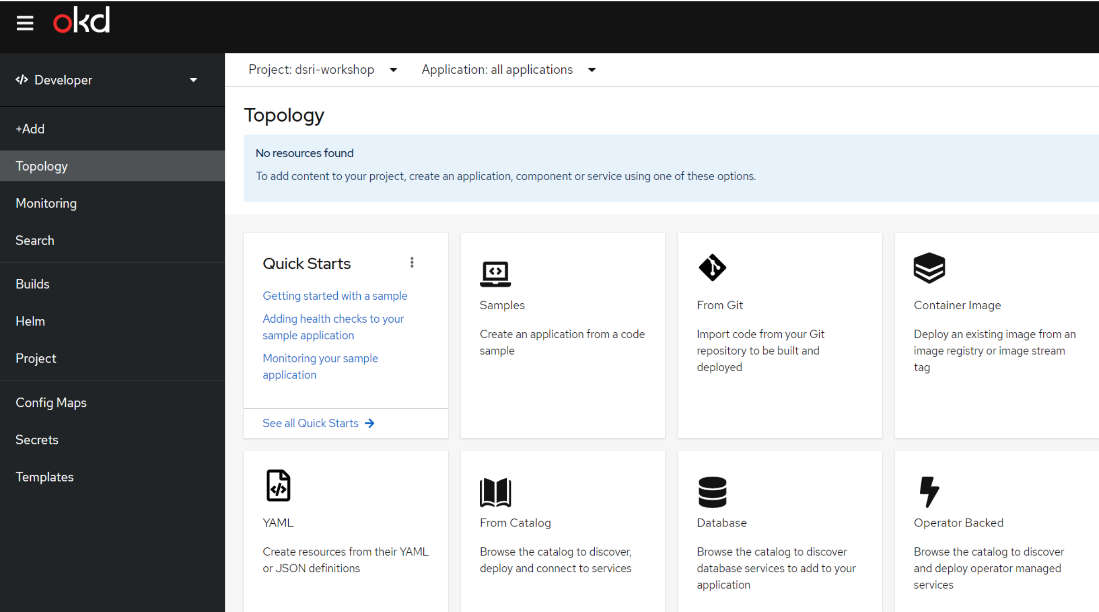What is Research Software?
Research software is an umbrella term that includes source code, analyses, algorithms, scripts, computing workflows and executables created during the research process or for a research purpose. For example, compiled code, data processing scripts or visualisation libraries. A good overview can be found at the Introducing the FAIR Principles for research software article.
The importance of research software is endorsed by the UNESCO recommendations on Open Science, which includes it as a type of research output. Additionally, some journals support the idea of publishing research software as a research output in itself. There is this overview detailed by the Software Sustainability Institute.
Research Software development at UM
The development of research software occurs in all corners of UM. This is made visible since the Data Science Research Infrastructure (DSRI) was made available by the Institute of Data Science back in 2020. As of now, there are 572 users, from 18 different affiliations.
The DSRI is a distributed and scalable platform that helps users deploy computing experiments and set up virtual environments to work. The user interface is web-based and within a few steps, users can get started setting up workspaces from their preferred applications. There are available templates to set up RStudio, Jupyter Notebooks, Matlab or VSCode workspaces among others. Users can also book GPUs for a maximum of 7 days. Check the GPU calendar.
There is an active Slack community where DSRI users share experiences and best practices. Moreover, there are always community activities around research software. For example: the R Users Group at Maastricht University (RUG@UM), a forum for people who are interested in using R or that already use R. They exchange knowledge about R packages for computing tasks, such as parallel processing or network analysis among other topics. But also, the Research Software@ UM, a community for UM staff sharing news on research software such as grants and opportunities, as well as FAIR Software best practices via their UMployee group page (only accessible for UM staff).
Communities also see the importance of upskilling, for instance the Plant (Playground and Laboratory for New Technologies) in FASoS organises workshops for data, media and digital skills.
The University Library offers courses including an “Introduction to Research Reproducibility with Python“, which covers aspects of reproducibility of results in research. But also a new course has been added since late 2023: “Introduction to Research Software Management“, which covers aspects of software sustainability and management.
Research Software Management
Software development goes hand in hand with software management. However, following software management practices isn’t exactly in the everyday researcher DNA because most of us are not trained software developers. Thus, it’s important to acknowledge that proper management of research software enhances its longevity, usability, and reproducibility. So that research software will continue to contribute to scientific discovery long after the original project has concluded. UM offers a number of platforms and resources to assist with software management.
The Research Data Management portal has now a new section in software management, where one can find resources on version control, licensing and software management plan templates.
Perhaps your department has a GitHub organisation workspace. But to complement this, there is also the option to manage your research software and collaborate internally with others in the Local UM GitLab instance for Maastricht University.
Finally, the Research Software Directory allows for registration and referencing of published research software. It can link to a GitHub repository. The directory helps to promote the visibility and accessibility of FAIR software.
Summary
In conclusion, UM emphasises the importance of research software and has dedicated resources to aid the community in software management. Through workshops, platforms, tools and communities UM remains committed to supporting its scientific community in this endeavour.
If you have any questions about software management, reach out to rdm-services@maastrichtuniversity.nl.
Author: Pedro Hernández Serrano (Coordinator Data Stewardship Services)




0 Comments